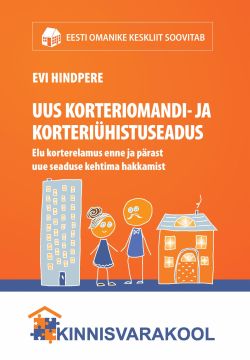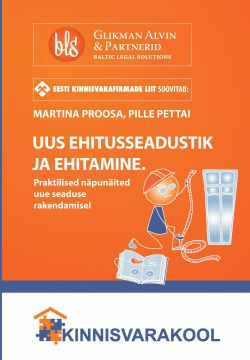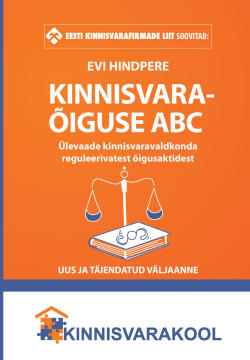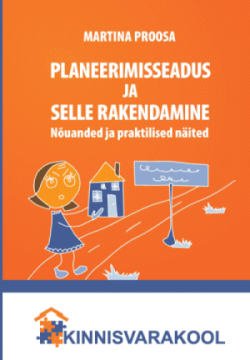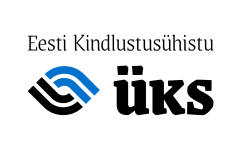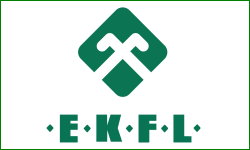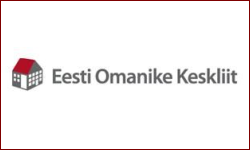The Estonian Tax and Customs Board sometimes seems to use unlawful measures to limit the taxpayer’s right to deduct value added tax (VAT), report Law Firm LEXTAL attorney-at-law Ants Karu and lawyer Margus Reiland.
Obligation to pay VAT usually lies with the seller of goods (e.g. apartment ownerships or immovables). As a general rule the (VAT registered) buyer of those goods has in turn the right to deduct input VAT in cases where it uses the purchased goods to create VAT liable goods or services. This means that the buyer does not generally bear any real tax burden.
However, there are situations where the buyer pays the price (including VAT) demanded under the contract, but the seller does not pay VAT to the state. In these cases the buyer must keep in mind that the Estonian tax authority has a strong interest in limiting the buyer’s right to deduct input VAT.
According to the logic of VAT, the buyer’s right to deduct input VAT should not depend on whether or not the seller pays VAT to the state (this principle does not apply in exceptional cases, such as tax fraud or when the buyer has not been diligent).
However, the Estonian tax authority has recently made several attempts to limit the buyer’s right of input VAT deduction using rather creative measures. This generates a substantial tax risk for the buyer. According to the recent decision of the Estonian Supreme Court the Estonian tax authority’s conduct in limiting the right of VAT deduction hat not always been lawful, as we shall explore.
The Supreme Court decided in favour of the taxpayer
The main question of this dispute was whether a group of apartment ownerships acquired by the buyer constituted as a transfer of enterprise. Pursuant to the Value Added Tax Act, the sales transaction of apartment ownerships may be taxable with VAT, but in cases of transfer of enterprise no supply will arise, as a result of which the purchaser has no right to deduct input VAT. The Estonian tax authority was of the opinion that the buyer acquired an enterprise instead of apartment ownerships and the buyer disputed this opinion in court.
The buyer claimed that empty flats do not constitute as an independent enterprise. An enterprise is an economic entity consisting of things, rights and obligations (e.g. workers) and is able to function independently. For example, a factory is considered to be a typical enterprise because it consists of staff, equipment, trademarks and know-how. The Supreme Court agreed with the taxpayer’s arguments. A group of apartment ownerships are simply a body of things, which do not constitute an independent functioning economic entity, that is to say an enterprise.
Summary
The mentioned case may be considered a significant victory for those taxpayers who deal with the buying and selling of apartment ownerships, immovables and similar. The Estonian tax authority’s overly aggressive conduct in limiting the right to deduct input VAT may be unlawful in some cases and should thus be revised.
The authors of this article represented the taxpayer in the referred tax dispute.
Authors:
Ants Karu, attorney-at-law, Law Firm LEXTAL
Margus Reiland, lawyer, Law Firm LEXTAL
 Andrew Whyte
Andrew Whyte
Tallinn Property by Goodson & Red






